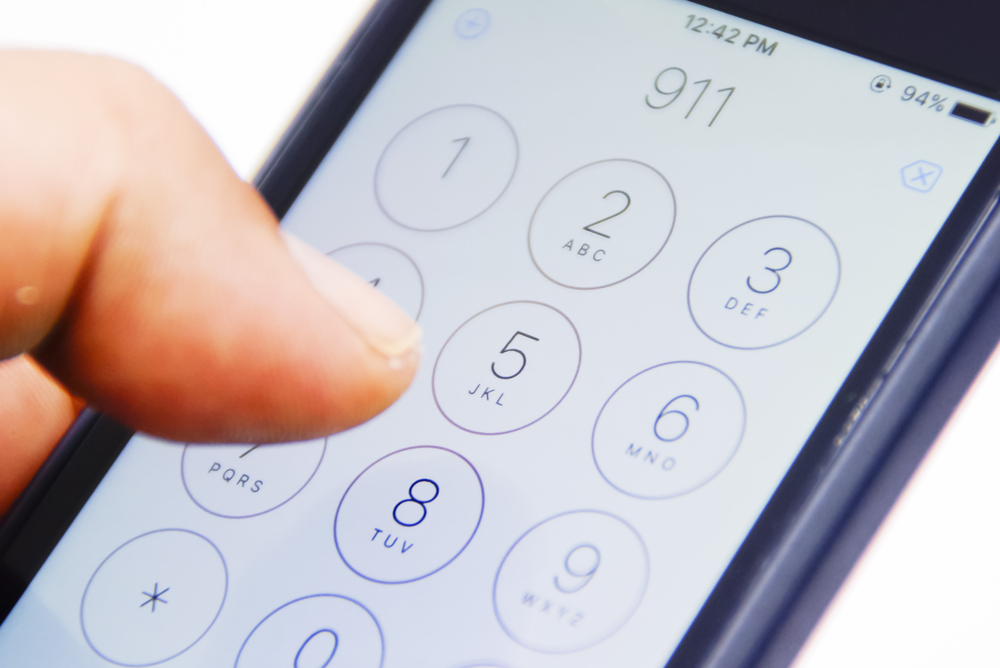
In a report to Congress, the 911 Implementation Coordination Office addressed the $9.5 billion to $12.7 billion cost necessary to transition the United States into a next generation 911 system (NG911) that increasingly incorporates not just calls, but data as well.
The National Emergency Number Association (NENA) applauded the report. NENA President Jamison Peevyhouse said it, “provides policymakers at all levels of government and public-safety stakeholders with the detailed financial information needed to achieve a coordinated, nationwide deployment of NG911.”
NG911 would transform the traditional 911 emergency call system into an Internet Protocol (IP) based and broadband-enabled network. In so doing, photos, videos, and even building plans would become accessible to emergency operators, rather than reliance on a caller’s voice. Proponents note that it would allow greater real-time information and more effective emergency response.
NENA notes that a transition would increase the network’s resiliency and reliability, as well improve situational awareness and communication. They hope to see a mix of state and federal sources for funding to make the possibility a reality.




